Did you know that some Japanese onomatopoeia have quietly made their way into German pop culture and fandom spaces?
Thanks to anime, language curiosity, and a love for linguistic precision, words like zuru zuru and shiin… are gaining recognition among German fans.
How German Fans First Encounter Japanese Onomatopoeia
Japanese sound words are not usually taught in language classes — but many German fans encounter them naturally through pop culture. Here’s how:
Language and culture videos
German-speaking language YouTubers love exploring “untranslatable” Japanese words, and onomatopoeia are among their favorites for explaining subtle nuance and emotional context.
Anime (e.g., Attack on Titan, Demon Slayer, Ghibli films)
Sound words often enhance emotional scenes or action moments. German dubs sometimes preserve the Japanese terms in subtitles or speech.
Manga (with sound effects left in original Japanese)
In many German manga editions, the sound effects stay in Japanese with small translations in the margins, letting readers see the original script.
Cosplay and conventions
Events like Dokomi or AnimagiC in Germany feature fans using props with sound words like shiin or baki! to decorate costumes and panels.
Social media & TikTok
Onomatopoeia are sometimes used in memes or as hashtags by German anime fans, especially in reaction videos or parody voiceovers.
Popular Japanese Sound Words in Germany
Zuru Zuru (ずるずる)
Meaning: Slurping
Where it appears: Noodle-eating scenes in anime
German fans find zuru zuru both funny and fascinating because it’s so culturally different. Slurping is uncommon in German etiquette, so it becomes a memorable (and often imitated) sound.
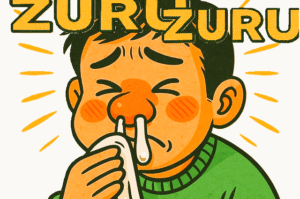
Shiin… (しーん…)
Meaning: Silence, tension
Where it appears: Awkward or suspenseful moments
This quiet sound has no direct German equivalent, which makes it especially interesting. It often appears in comedic or eerie scenes and is popular among meme creators.
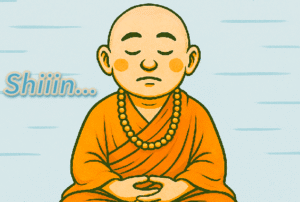
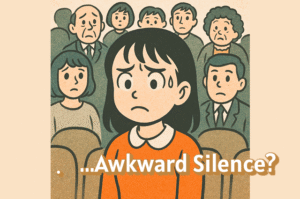
Baki! (ばきっ)
Meaning: Crack, impact
Where it appears: Fights, dramatic accidents
Baki! is easy to recognize and fun to say. German manga readers love it in action series like Naruto or My Hero Academia.
Gatan (がたん)
Meaning: Clatter, crash (esp. trains or metal)
Where it appears: Train scenes, tension-building moments
Many Germans recognize this sound from Studio Ghibli scenes or city-based anime. The mechanical vibe resonates well with German fans.
Doki Doki (どきどき)
Meaning: Heart beating fast
Where it appears: Romance and thriller scenes
Although more commonly loved in other countries, doki doki still holds a spot among German anime fans, especially those who enjoy shojo manga.

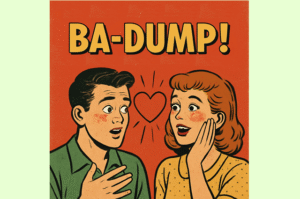
Why Germans Love These Words
Visually present in manga, offering a direct learning experience
Linguistic curiosity: “Words that sound like meaning”
Fun to pronounce and use casually in fan communities
Unique to Japanese culture, making them feel exotic and expressive
Fun Fact
German manga publishers often include small footnotes translating onomatopoeia while preserving the original characters.
This blend of exposure and explanation helps fans gradually learn and enjoy Japanese sound culture.

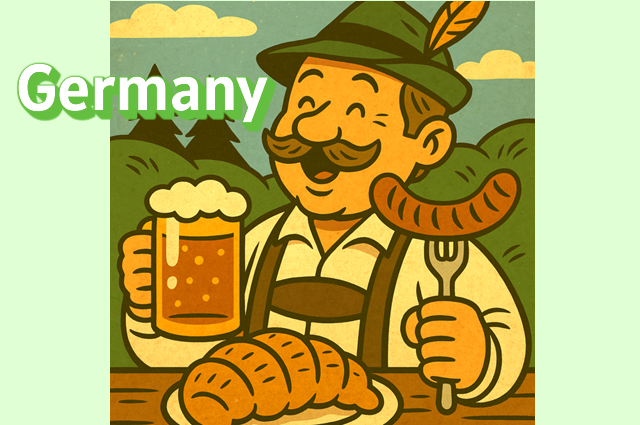

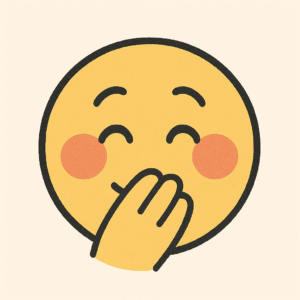
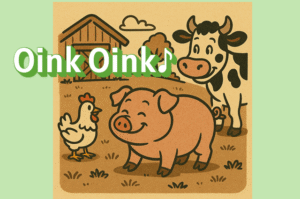
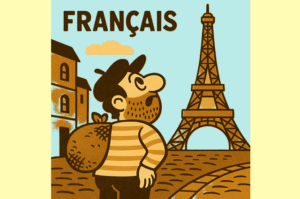
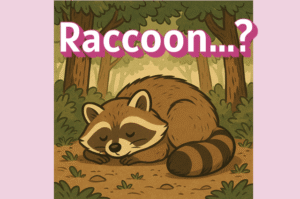


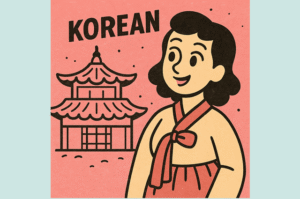
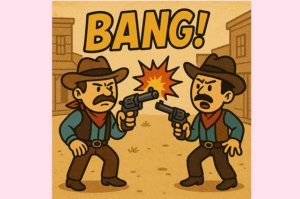
Comments